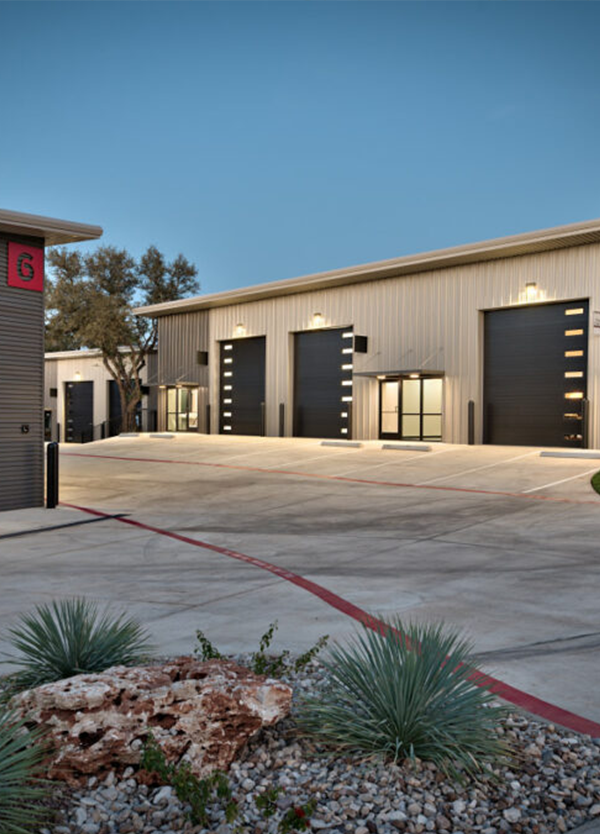As businesses evolve, so do their workspace needs. For growing companies, flexibility is key. Traditional long-term office leases may not provide the adaptability needed in today’s fast-paced environment, which is why more companies are turning to flexible workspaces. Whether it’s a coworking space, shared office, or a hybrid model, these dynamic environments offer a range of benefits for businesses on the rise.
Scalability
One of the greatest advantages of flexible workspaces is the ability to scale quickly. As a company grows, its workspace needs may change—requiring more desks, meeting rooms, or additional resources. With flexible workspaces, businesses can expand or reduce their space as needed without the commitment of a long-term lease. This allows for smoother transitions during periods of growth or restructuring without the added stress of finding new office space.
Cost Efficiency
Flexible workspaces often come with lower upfront costs compared to traditional office leases. There’s no need to worry about outfitting the office with furniture, paying for utilities, or maintaining the space. These workspaces usually offer fully-equipped environments, with utilities, internet, and maintenance included in the price. This cost-efficiency is particularly beneficial for startups and small businesses, allowing them to allocate more resources toward growth.
Collaboration and Networking
Flexible workspaces are typically designed to foster collaboration and creativity. They often bring together professionals from various industries, which can lead to networking opportunities and partnerships that wouldn’t occur in a traditional office setting. Being around other ambitious professionals creates a stimulating environment, where new ideas and collaborations can flourish. This is especially valuable for businesses looking to innovate or make new connections.
Attracting Talent
A flexible workspace can be a major perk when attracting top talent. Many employees, especially in today’s market, are looking for a more adaptable work environment. Offering a space where employees can choose how and where they work—whether it’s in a private office, shared desk, or remotely—can help a company stand out. It also shows that the business values work-life balance and is willing to adapt to the needs of its employees, which is a huge draw for many candidates.
Productivity and Focus
While flexible workspaces encourage collaboration, they also provide options for quiet, focused work. Many shared workspaces have areas designated for different types of work—open desks for collaboration and private offices or meeting rooms for focused tasks. This gives employees the freedom to work in a way that suits them best, leading to increased productivity.

